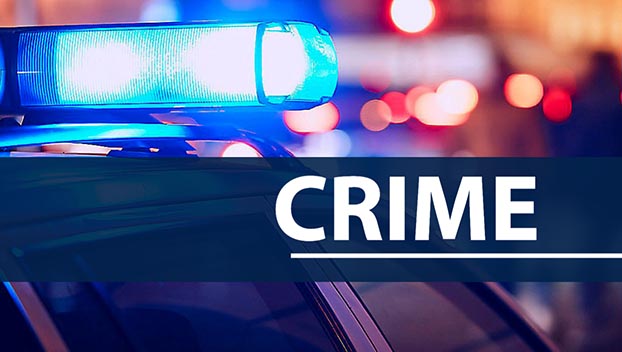You asked: An arrest is made, and what happens then?
Published 9:41 pm Wednesday, November 1, 2017
Q: What happens when someone is indicted?
A: When an arrest is made, if it’s a felony, the indictment process generally starts off in a lower court for a bond to be set. A preliminary hearing is set to establish probable cause.
“If the courts determine that there is probable cause that the defendant has committed a certain crime, at that time the case would be bound over to a grand jury, where they, in return, issue a written statement referred to as an indictment,” said Lincoln County Circuit Clerk Dustin Bairfield.
The indictment is a written statement of essential facts and elements notifying the defendant of what they’re being charged with.
It includes the name of the accused, the date on which the indictment was filed in court, the county, the date and time at which the offense was alleged to have been committed and the signature of the foreperson of the grand jury issuing it.
What’s happens after an indictment is issued?
“I refer to it as a warrant, but the legal definition is a capias,” said Bairfield. “A capias is issued, ordering law enforcement officers to take into custody a defendant from whom a grand jury has returned an indictment.”
The capias is issued by the Circuit Clerk’s office and hand delivered to Sheriff Steve Rushing.
“That’s the first step of getting the defendant into Circuit Court,” Bairfield said.
Lincoln County and Brookhaven average about 300 indictments served each year, he said. One full-time deputy is tasked with serving those indictments.
The grand jury meets about four times a year on average. Sometimes a case is not presented to the next available grand jury because the investigation is not complete and law enforcement is waiting on crime lab reports such as drug analysis and toxicology reports.
“So in some cases they may miss the grand jury coming up, so they wait,” he said.
Bairfield said it can be difficult getting individuals to come to court and it is not unusual for those who have committed crimes to be on the run.
“I’m going through a list of indictments from 2013-2014 and out of around 300 cases from that year, we still have 19 cases open because we haven’t been able to locate the individual,” he said.
Defendants who don’t dispute the facts can potentially waive the process of the grand jury by a bill of information/waiver of indictment and come before a judge, but they must have an attorney, Bairfield said.
Once a defendant enters Circuit Court, they have an arraignment, or initial appearance. This is the step in the process when the defendant either chooses to hire an attorney or has one appointed.
From that point forward, the Circuit Court process has 270 days to find a resolution.
Defendants are placed on the docket as they come out of the grand jury.
If it takes longer than the 270-day window, it’s because the defendant or District Attorney Dee Bates asked for a continuance. The judge must grant the continuance.





